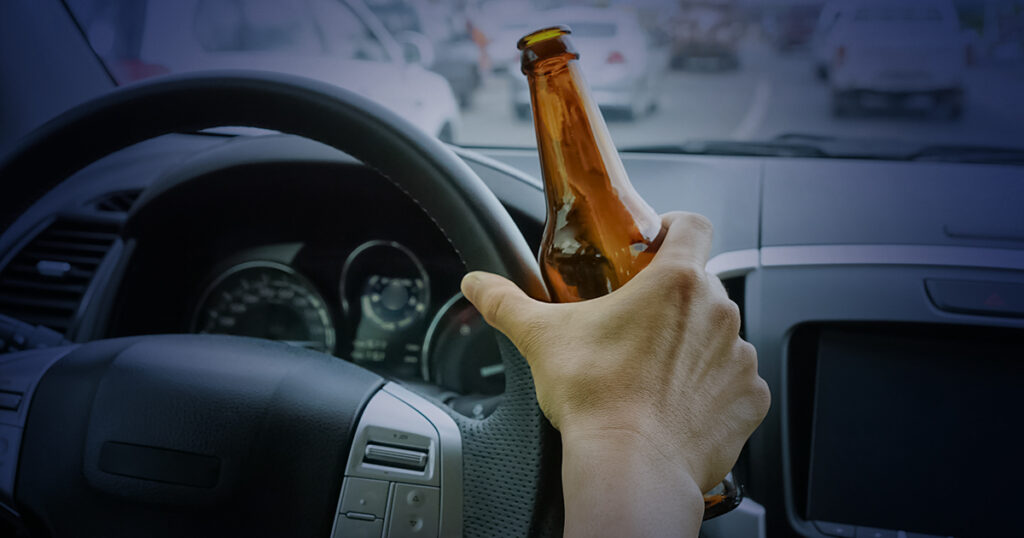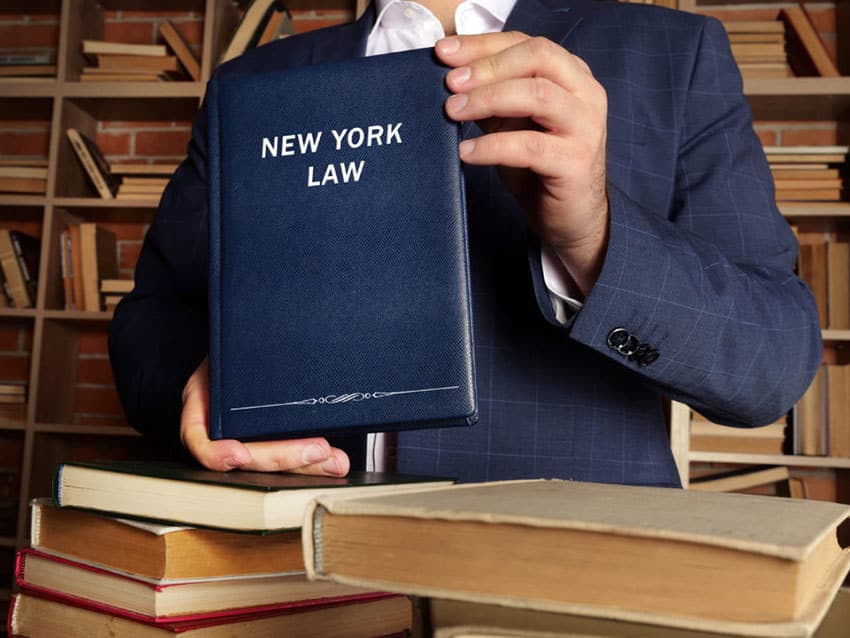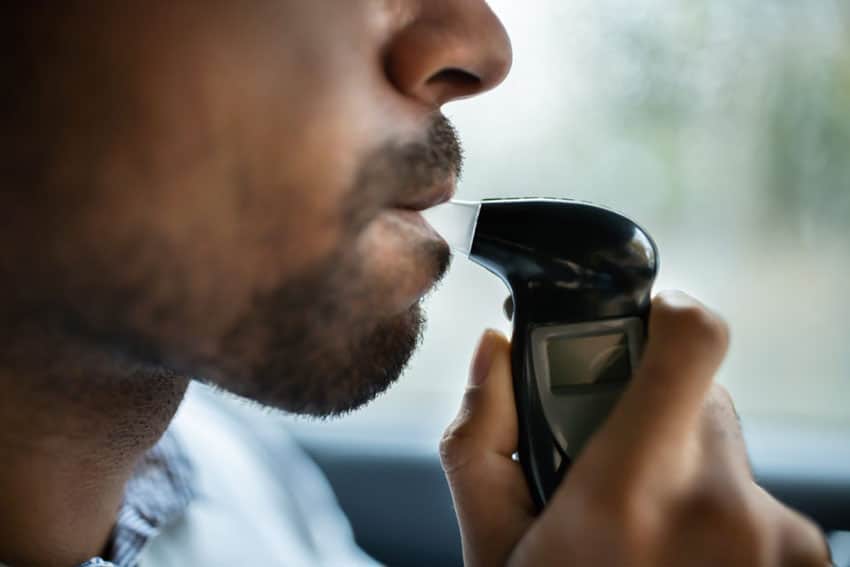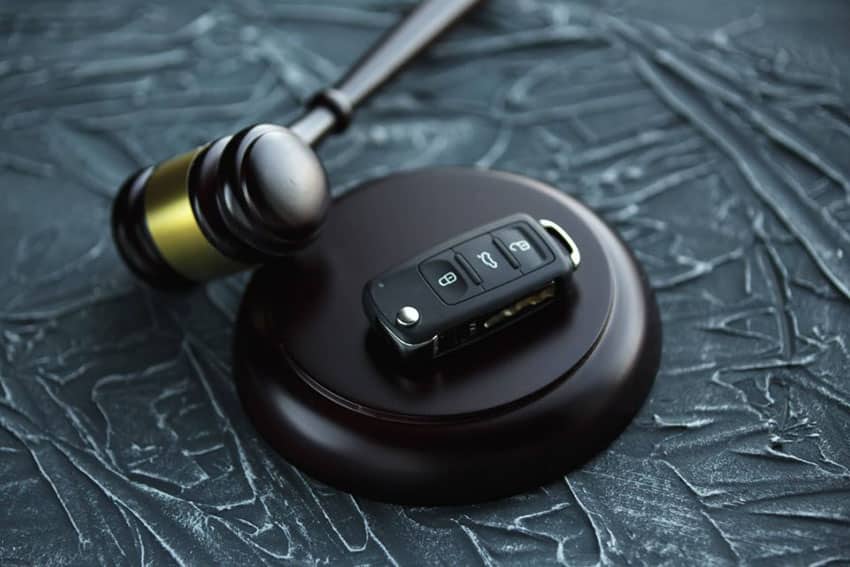A DUI (Driving Under the Influence) is one of the most commonly charged offenses in the United States—but many people still ask, “Is a DUI a criminal offense?” The answer is yes. In most cases, a DUI is considered a criminal offense, not just a traffic infraction or civil matter.
Whether you’re facing charges for the first time or researching for clarity, this article will explain why a DUI is a criminal offense, how it affects your record, and what it means for job applications and future legal standing.
Is DUI a Criminal Offense?
Yes, DUI is a criminal offense, even if it’s classified as a misdemeanor. Depending on the circumstances—such as repeat offenses, injuries, or high blood alcohol levels—a DUI can also be charged as a felony.
In New York and many other states:
- First-time DUI offenses are typically misdemeanor criminal offenses.
- Subsequent DUIs or DUIs involving injuries/deaths may be felony criminal offenses.
So, to answer the question directly:
Is a DUI considered a criminal offense? Absolutely—whether misdemeanor or felony, a DUI falls under criminal law.
Is a DUI a Criminal Offense in NY?
Yes. In New York, DUI is charged as Driving While Intoxicated (DWI) under the state’s Vehicle and Traffic Law. A DWI conviction carries criminal penalties including:
- Fines
- Jail time
- Driver’s license suspension
- Mandatory alcohol education programs
- A permanent criminal record
Is DUI a Civil or Criminal Offense?
- Civil offenses typically include minor infractions like parking violations.
- Criminal offenses, on the other hand, can lead to arrest, jail time, and a permanent record.
A DUI is not a civil offense—it is firmly categorized as a criminal offense in New York and most states.
Is a DUI a Criminal Offense on a Job Application?
Yes. When applying for jobs, many applications will ask if you’ve ever been convicted of a criminal offense. Since a DUI is criminal in nature, it must be disclosed if the question is asked directly.
- Is a misdemeanor DUI a criminal offense? Yes, misdemeanors are criminal offenses.
- Failing to disclose a DUI on an application could result in disqualification or termination later on.
If you’re unsure how to disclose it or whether you’re legally required to, consult with an attorney or career counselor.
Is a DUI a Traffic or Criminal Offense?
It’s both. A DUI is initiated through a traffic stop, but it escalates to a criminal matter once charges are filed.
- Traffic violation: Speeding, running a red light
- Criminal offense: Driving with a BAC of 0.08% or higher, or while impaired by drugs/alcohol
FAQs: Is DUI a Criminal Offense?
Q: Is a DUI considered a criminal offense in New York?
Yes, all DUI-related charges in NY—including DWIs—are criminal offenses and can result in a criminal record.
Q: Is a DUI a misdemeanor or a felony?
A DUI can be either. A first offense is often a misdemeanor, while repeat or aggravated cases may result in felony charges.
Q: Do I have to report a DUI on job applications?
Yes, if the application asks whether you’ve been convicted of a criminal offense, a DUI must be disclosed.
Q: Can a DUI be expunged?
In some states, yes. However, New York does not allow DUI expungements, though sealing under certain conditions may be possible.
Q: Does a DUI always lead to a criminal record?
If convicted, yes. A DUI conviction results in a permanent criminal record, unless successfully sealed (where eligible).
Conclusion
To put it simply: Yes, a DUI is a criminal offense. Whether misdemeanor or felony, it has long-lasting consequences that affect your record, driving privileges, and professional opportunities.
If you’re facing a DUI charge in New York, don’t take it lightly. Contact the DWI Team today to speak with a dedicated attorney who understands the stakes and will fight to protect your future.
Call now or schedule your consultation online—our team is ready to help you navigate the criminal justice system with clarity and confidence.













